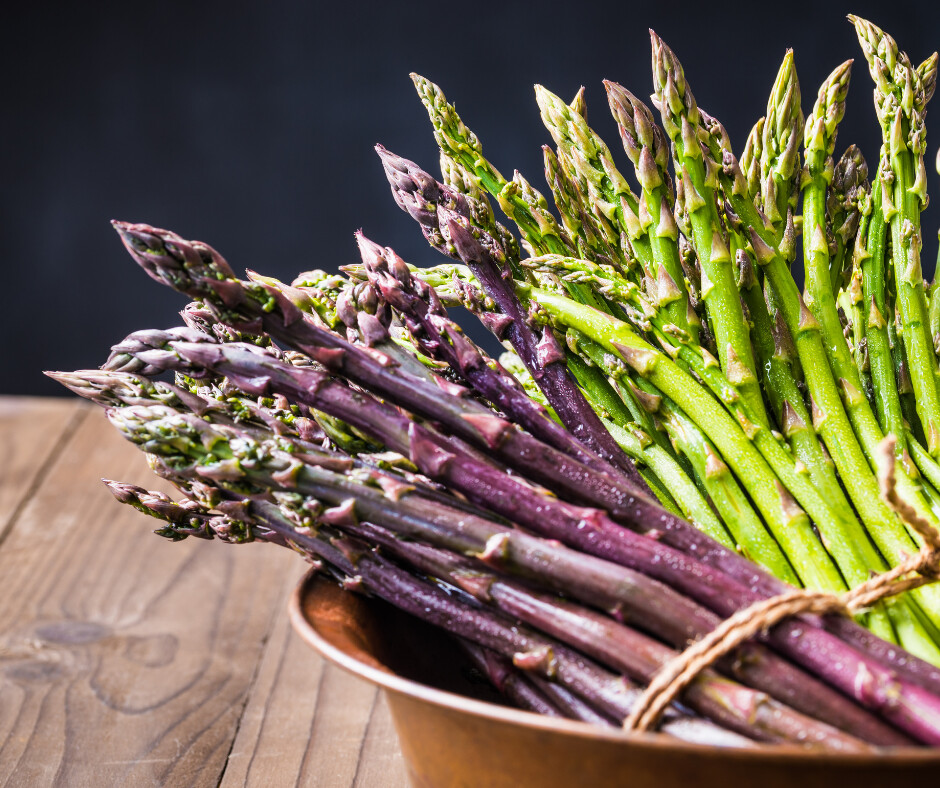
You probably know that you need to eat lots of vegetables. The standard recommendation is 2 to 3 cups a day. Eating the colors of the rainbow will give you the largest variety of vitamins, minerals and and antioxidants that are contained in plants. The potential health benefits of eating plenty of fruits and vegetables include lower blood pressure, better blood sugar control, better digestions, and better eye health. All vegetables are beneficial for you, but here are five of the best veggies to eat that you may be overlooking.
Beets
Beet is the common name for the beetroot plant. They are low in calories and contain a wide range of vitamins and minerals. They have an earthy taste and are easy to incorporate into your diet as a topping for salads, a smoothie ingredient, hummus and fries. Beets have been studied for their ability to support healthy blood pressure levels. The dark pigments in them mean they are loaded with antioxidants that can help lower inflammation. The also contain a large amount of fiber that may help improve your digestion.
Peas
Peas are a type of legume meaning that they grow inside of a pod. Garden peas, snow peas and snap peas are all good for you. You can eat the shell, or pod, of snow peas and snap peas. Peas contain the carotenoids lutein and zeaxanthin, which are known to benefit eye health. They are higher in protein than many other vegetables. The combination of protein and fiber in them can help you maintain healthy blood sugar levels.
Asparagus
Like other vegetables, asparagus is high in antioxidants that can help reduce inflammation. A half a cup contains 34% of the recommended daily allowance of folate, or vitamin B9. A half a cup also contains over 50% of the vitamin K you need which helps with blood clotting and bone health. There are different varieties of asparagus that contain slightly different nutrients. The darker pigments in purple asparagus makes it particularly good in providing antioxidants.
Artichokes
Technically artichokes is a type of thistle that originated in the Mediterranean. It has been used medicinally in that part of the world for centuries. You can eat the plant or take a supplement. Artichoke extract has been studied for it's ability to support healthy cholesterol levels and healthy blood pressure levels. It is a great source of the fiber inulin, which acts as a prebiotic in your body. Prebiotics help feed the good bacteria in your digestive tract.
Green Beans
Green beans, or snap beans, are grown all over the world, which means you can find them year round. Their peak growing season in the northern hemisphere is May to October. That's when you'll find them at farmer's markets. They are full of fiber which can benefit your digestive health. If you are following a FODMAP diet, green beans are a low FODMAP food and may be better digested and absorbed than other foods. Like asparagus, green beans are high in folate and vitamin K. In addition, they are a good source of plant based iron.
Did this help you? If so, I'd greatly appreciate it if you commented and/or share it on social media.

Email: sharonledwards@hotmail.com
Facebook: https://www.facebook.com/sharonledwardsbiz/


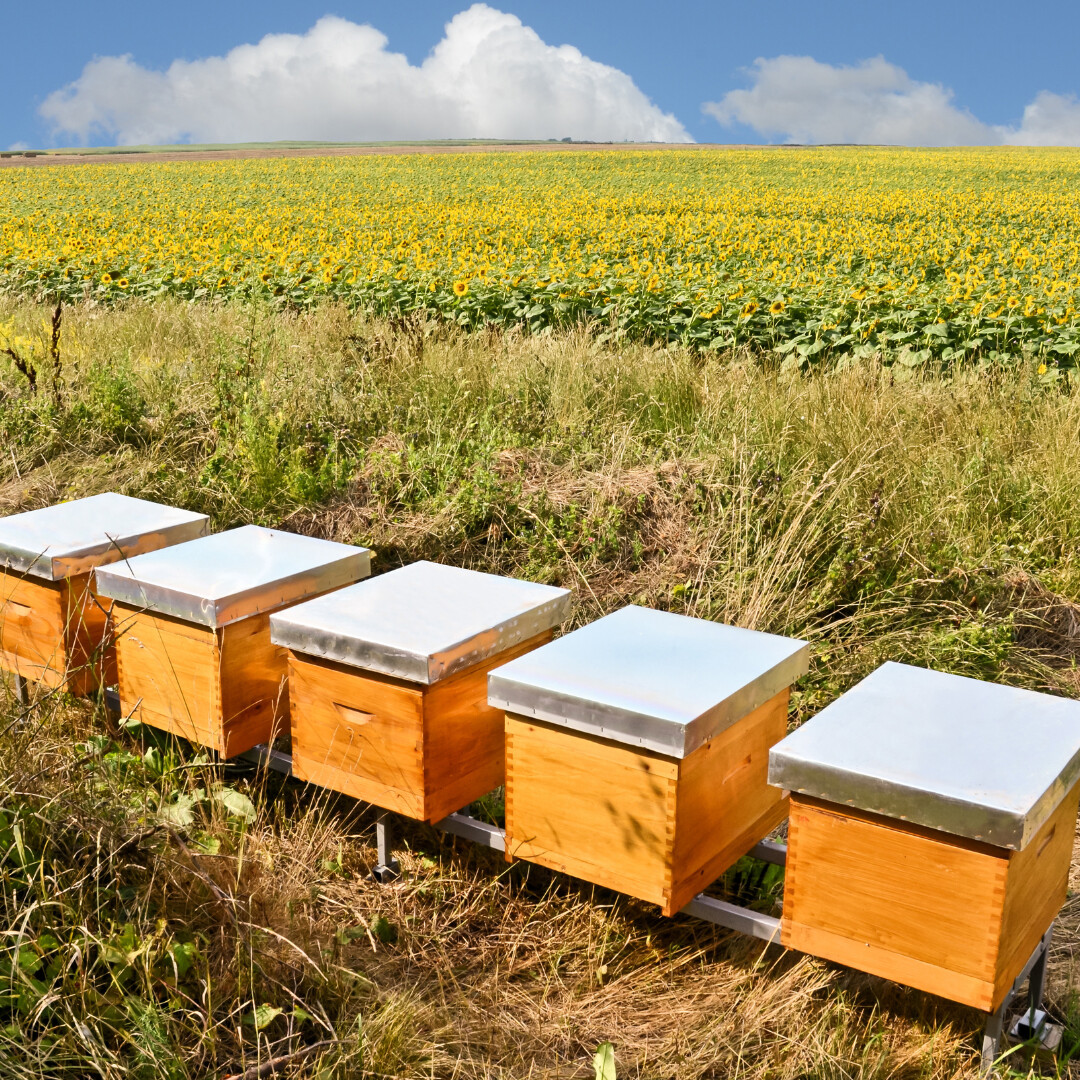



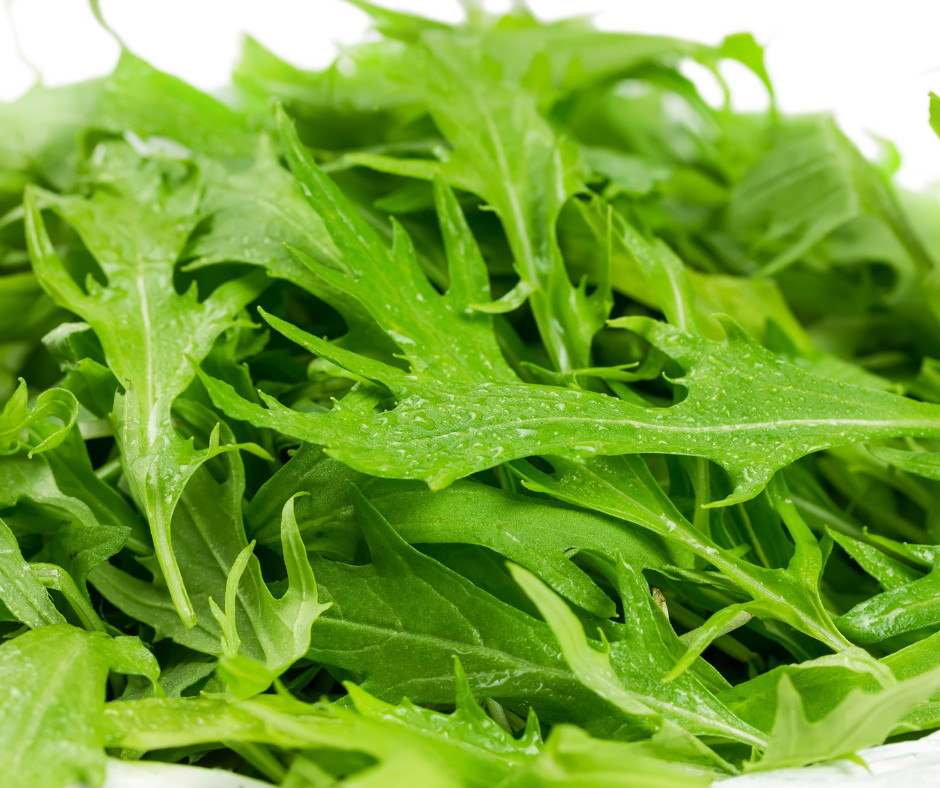

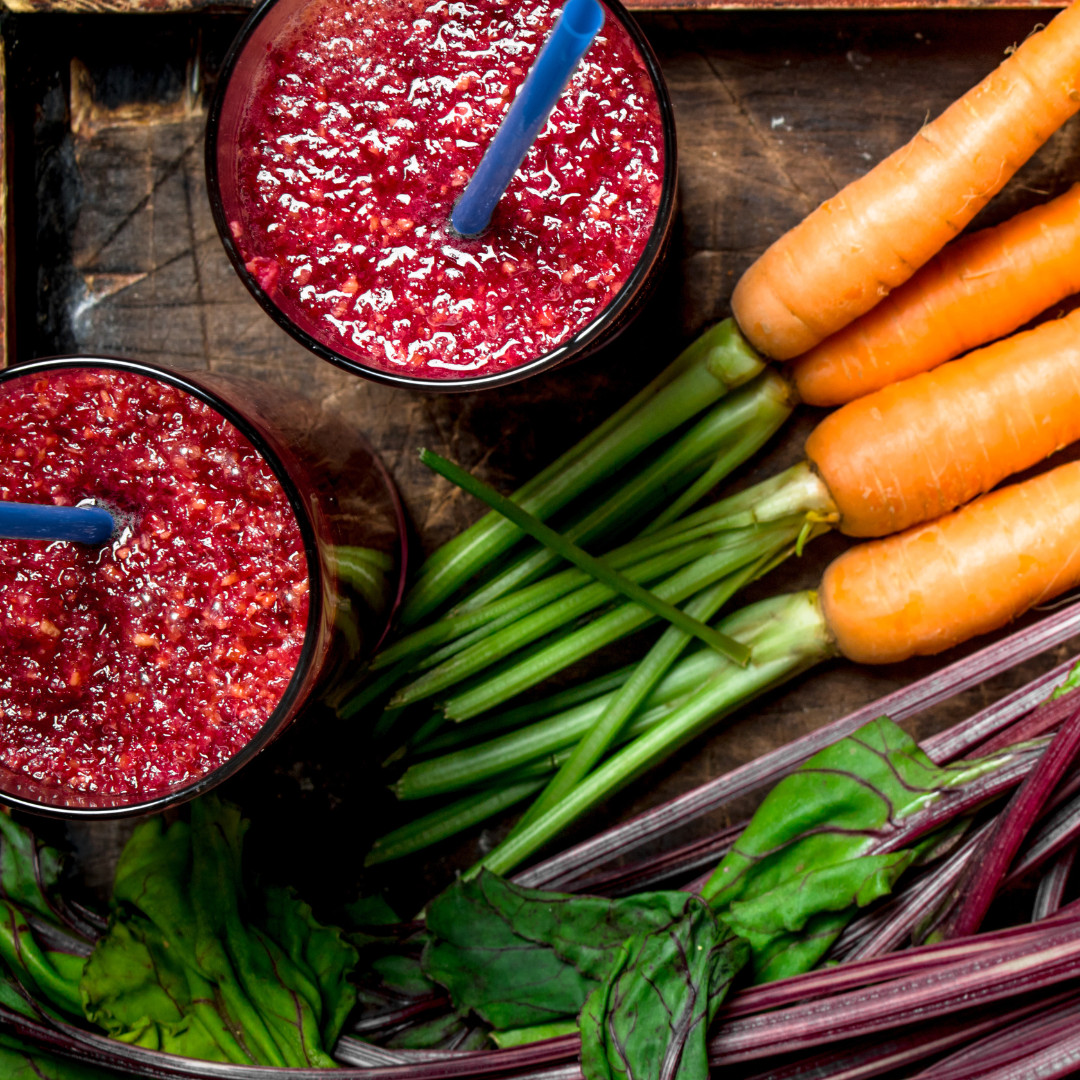
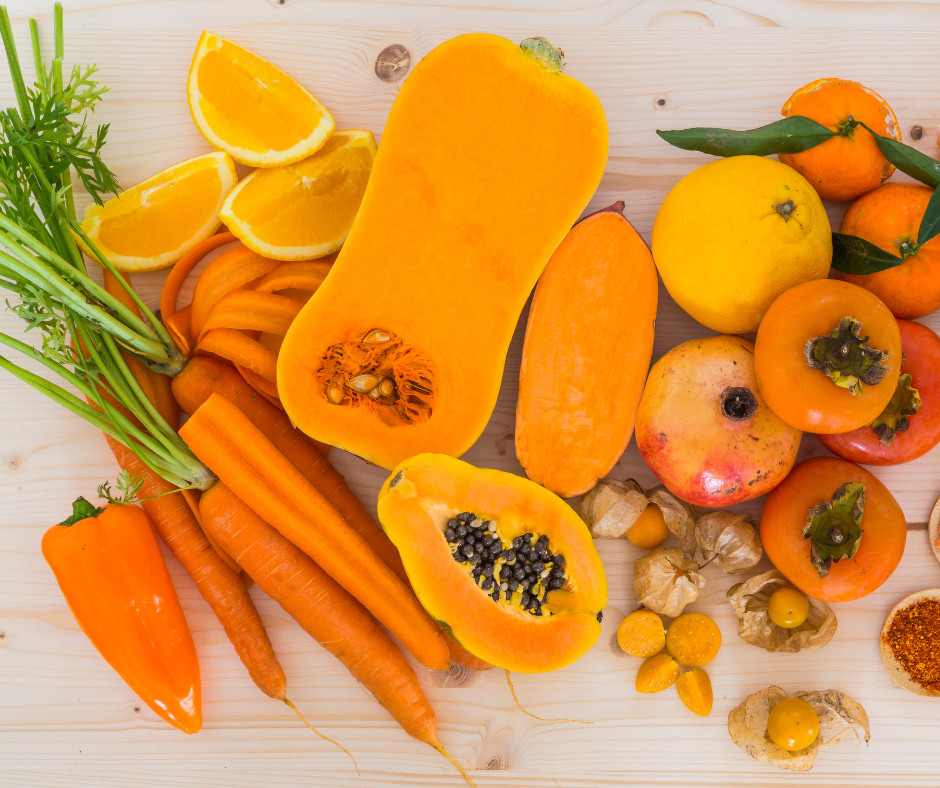
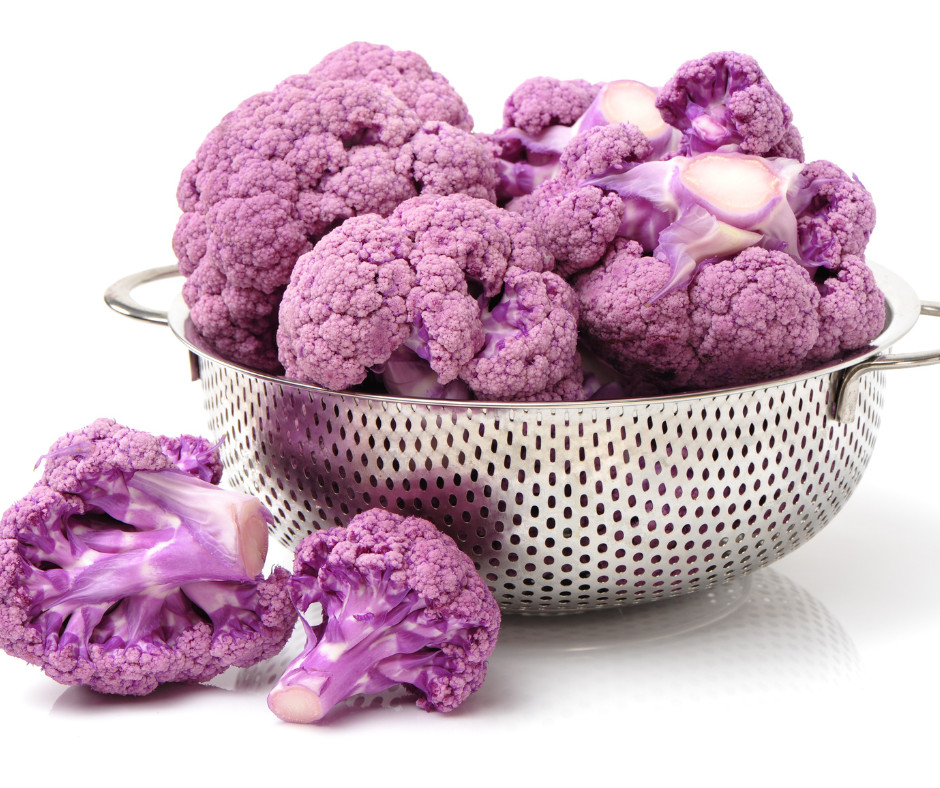
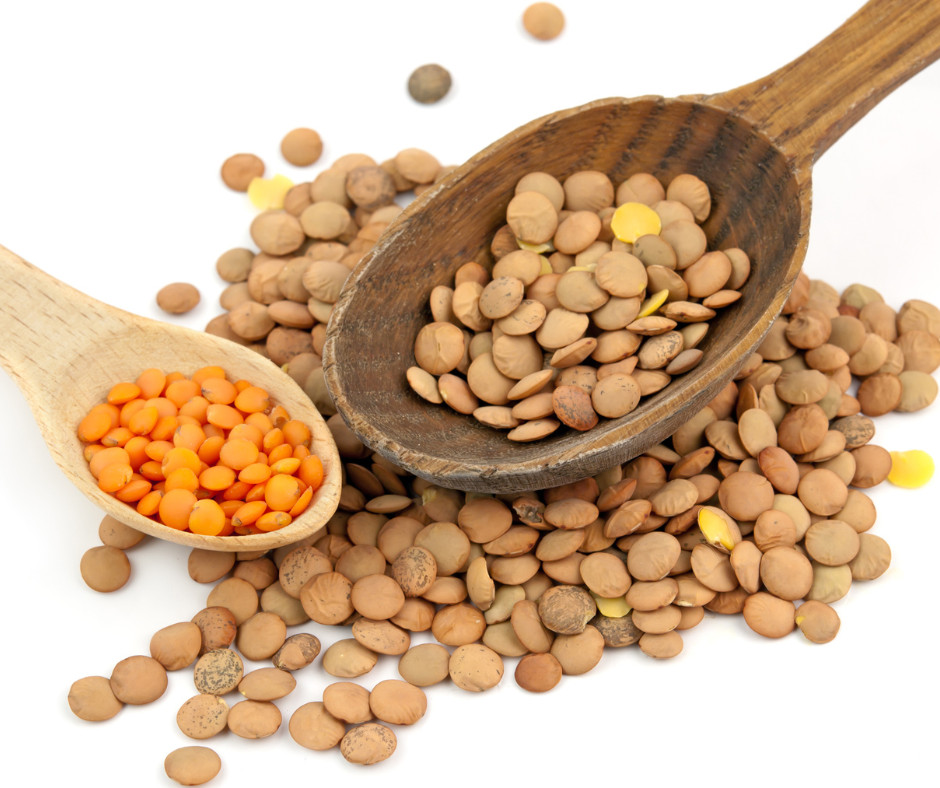
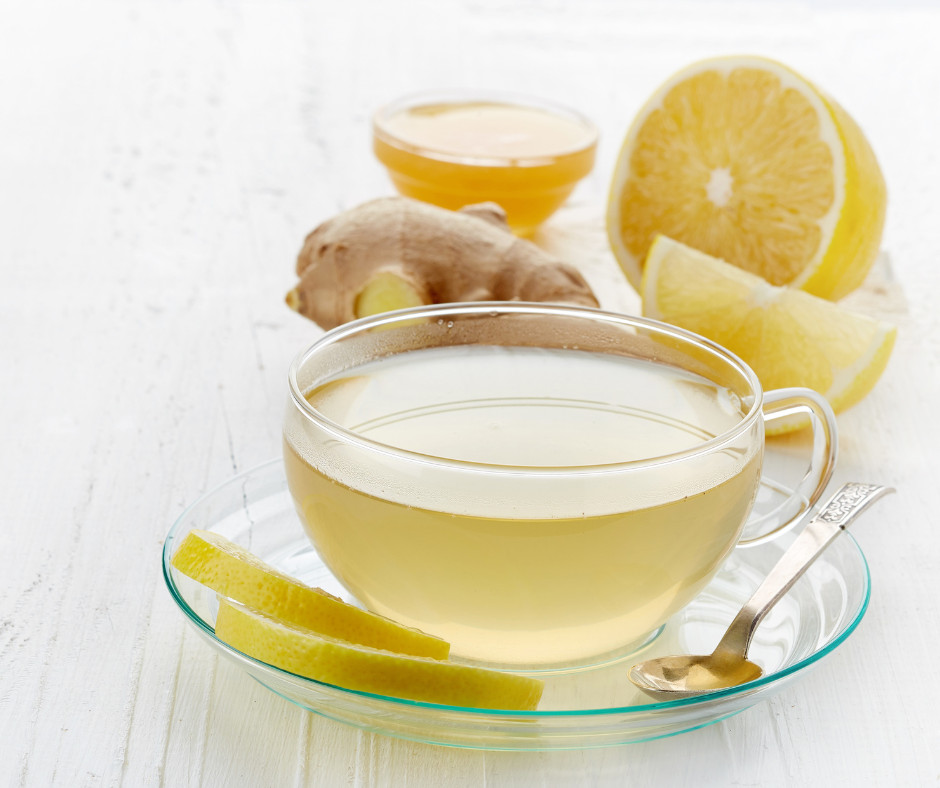





0 Comments